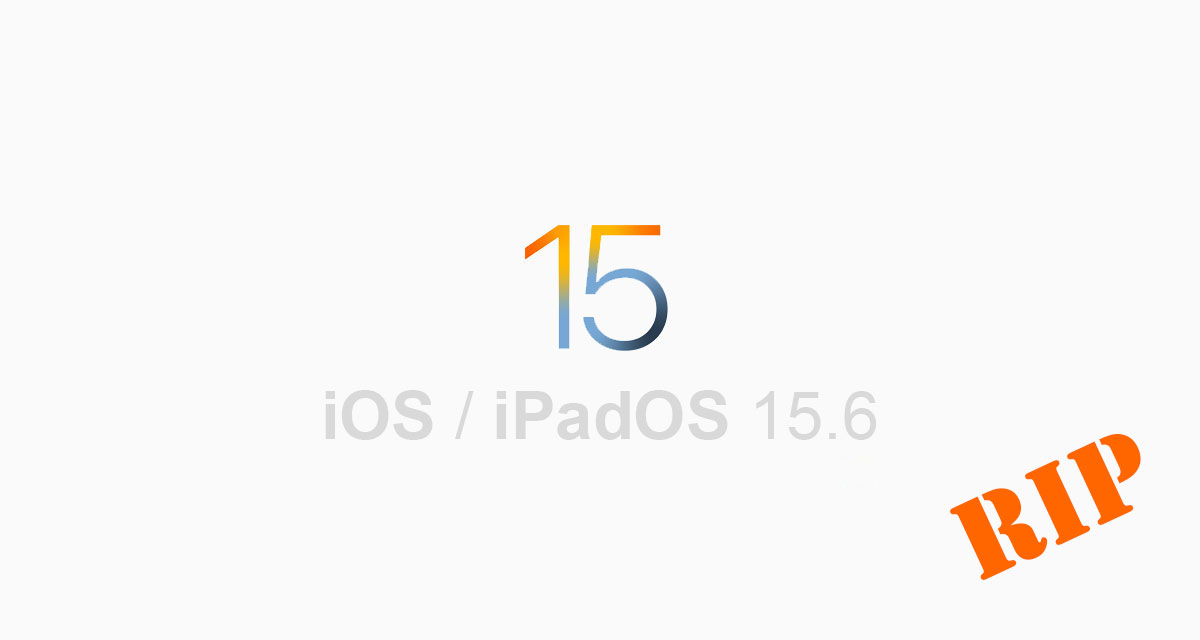Apple has today stopped signing iOS 15.6, preventing people from downgrading to that release from iOS 15.6.1. Apple made iOS 15.6.1 available to the public last week.
Apple routinely stops signing older versions of iOS when it believes that a new security patch or feature is necessary enough to ensure everyone has it installed.

That’s the case here, with iOS 15.6.1 having fixed two security flaws in one release. As a result, it’s an important update and one that everyone should install despite there being no new features.
Apple confirmed that the iOS 15.6.1 update dealt with Kernel and WebKit vulnerabilities that could be used to execute arbitrary code without the user’s knowledge. Apple also said that it “is aware of a report that this issue may have been actively exploited.”
As for iOS 15.6, that update wasn’t a particularly notable one although it did fix a bug that could cause some iPhones to report that their storage was full even when it wasn’t. The new iOS 15.6.1 update is very much the one that everyone should install if they haven’t already, preventing as it does the possibility that a bad actor could run code just by having someone visit a compromised website.
Today’s news comes as Apple readies itself for the release of iOS 16, an update that is expected to be made available to the public next month.
You may also like to check out:
- Jailbreak iOS 15.6.1 On iPhone And iPad Status Update
- Download: iOS 15.6.1 Final IPSW Links OTA Files And iPadOS 15.6.1 Released
- iOS 16 Beta Compatible And Supported iPhone, iPad, iPod touch Devices
- iOS 16 Beta 7 Download, Release Date: Here’s When Apple Is Expected To Release It
- Download: iOS 16 Beta 7 IPSW Links For iPhone And iPad Released
- iOS 16 Beta 7 Profile File Download Of OTA Update Without Dev Account Out Now
- Download iOS 16 Beta 7 IPSW Links And Install On iPhone 13, Pro, 12, Pro, 11, Pro, XS Max, X, XR, 8, Plus, iPad [Tutorial]
You can follow us on Twitter, or Instagram, and even like our Facebook page to keep yourself updated on all the latest from Microsoft, Google, Apple, and the Web.
